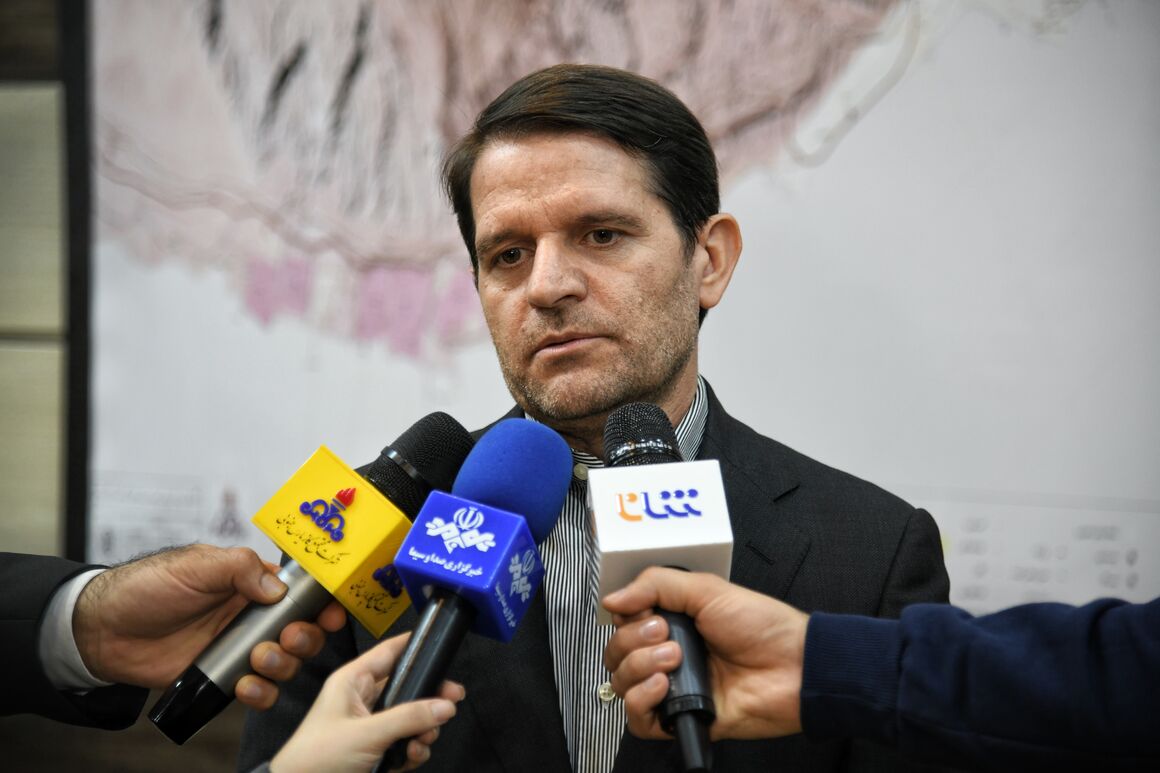Hassan Abbaszadeh told reporters on the sidelines of the IranPlast 19th International Exhibition that petrochemical companies have entered upstream field development and the first private-sector contract for developing gas fields will soon be ratified and become active.
He stated that a process which previously took several years has been reduced to about six months due to efforts by the Ministry of Petroleum. This will enable the petrochemical industry to meet its gas feedstock needs through the development of these gas fields, he added.
The deputy petroleum minister cited flare gas recovery as one method of supplying petrochemical feedstock, noting that about 21 million cubic meters of gas from flares has been supplied to the industry this year. This achievement was realized through investments by major petrochemical holdings and primarily involves associated petroleum gas. There are also flares in South Pars phases, and we are negotiating with the private sector to attract investment for utilizing this gas, he said.
Private sector's diverse strategies under sanctions
Regarding the impact of the snapback mechanism on the petrochemical industry, Abbaszadeh emphasized that last year approximately 30 million tons of products, valued at $13 billion, were exported from this sector. Petrochemical companies are predominantly in the private sector, and during the years of grappling with sanctions, they have found various methods for export and have many learned lessons. Although we believe commercial policy should be integrated, different tactics mean the activation of snapback will not significantly impact the petrochemical industry, he said.
On the contribution of petrochemical plants to the national power grid, he said the Fajr and Damavand petrochemical plants inject their surplus electricity into the grid in the imbalanced conditions of the Mahshur and Asaluyeh regions. Furthermore, petrochemical companies have taken steps to establish solar farms, notably Kaveh Petrochemical, which commissioned two sites this year and has also invested in producing 600 megawatts of wind power in the Sistan and Baluchestan region.
The deputy petroleum minister discussed the petrochemical industry's foreign currency earnings, stressing that its primary goal is supplying domestic industrial needs. Surplus products are exported, and fortunately, exports worth about $5.5 billion were achieved in the first five months of this year, he said.
Abbaszadeh detailed the development of the second phase of the Mahshur Special Petrochemical Economic Zone, stating that the necessary permits have been obtained and issued by the environmental department, and we are on the verge of starting executive operations. Projects in this phase will be based more on crude oil feedstock, including two large refineries and a petro-refinery, and will produce products using intermediate products rather than upstream products and feedstock. This will create a large job market in the region next year, he said.


Your Comment